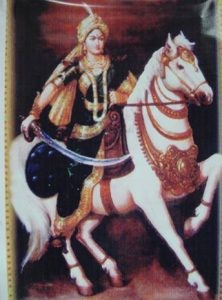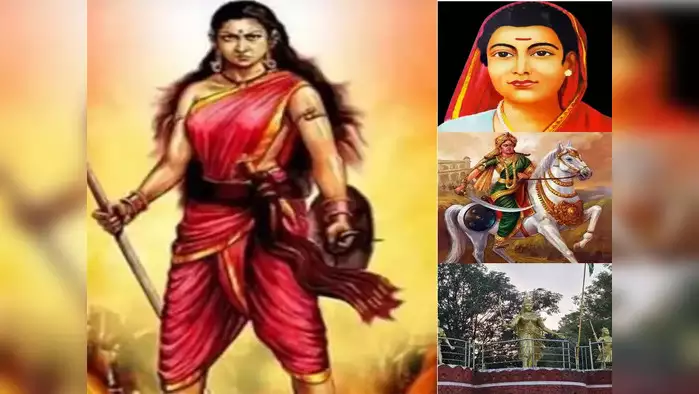Context:
PM Narendra Modi paid tribute to Savitribai Phule, calling her a beacon of women’s empowerment. He also remembered Rani Velu Nachiyar for her heroic fight against colonial rule on their birth anniversaries on 3rd January.
About Savitribai Phule

- She was India’s first female teacher and a pioneer in women’s education and social rights.
- She focused on improving education for women from lower social classes.
- In 1848, she married Jyotirao Phule, a social activist, and was uneducated at the time.
- Jyotirao Phule educated her and supported her goal of becoming a teacher.
- Together, they founded the first school for girls in India in Pune in 1848.
- In 1853, they founded an education society that opened more schools for girls and women from all communities in nearby villages.
- Savitribai Phule loved poetry, and her Marathi poems promoted equality, liberty, humanism, and the importance of education.
- Her life is celebrated as a symbol of women’s rights in India, earning her the title of the mother of Indian feminism.
- Every year January 3 is celebrated to honor her significant contributions to women’s education and the day is observed as Women’s Education Day.
About Rani Velu Nachiyar

- She was the first queen to fight against British colonial rule in India, known as Veeramangai by Tamils.
- She was the princess of Ramanathapuram, the only child of Raja Chellamuthu Vijayragunatha Sethupathy and Rani Sakandhimuthal of the Ramnad kingdom.
- Trained in weapons, martial arts (Valari, Silambam), horse riding, and archery, she was also a scholar of French, English, and Urdu.
- She married the king of Sivagangai and had a daughter. After her husband’s death at the hands of British soldiers and the Nawab’s son, she escaped with her daughter and lived in exile for eight years.
- The Nawab allowed her to return and govern Sivaganga, under the condition of paying tribute.
- In 1780, she appointed Marudhu Brothers—Chinna Marudu as minister and Vellai Marudu as commander-in-chief—to help administer the kingdom.
- Rani Velu Nachiyar died on December 25, 1796, after successfully leading her kingdom and fighting for freedom from the British.

